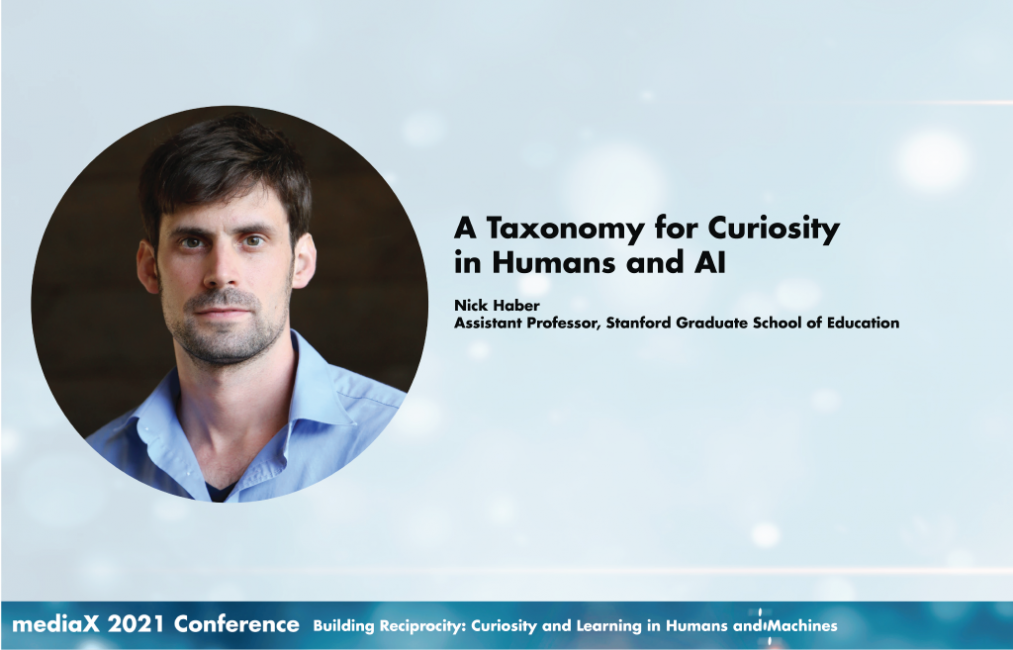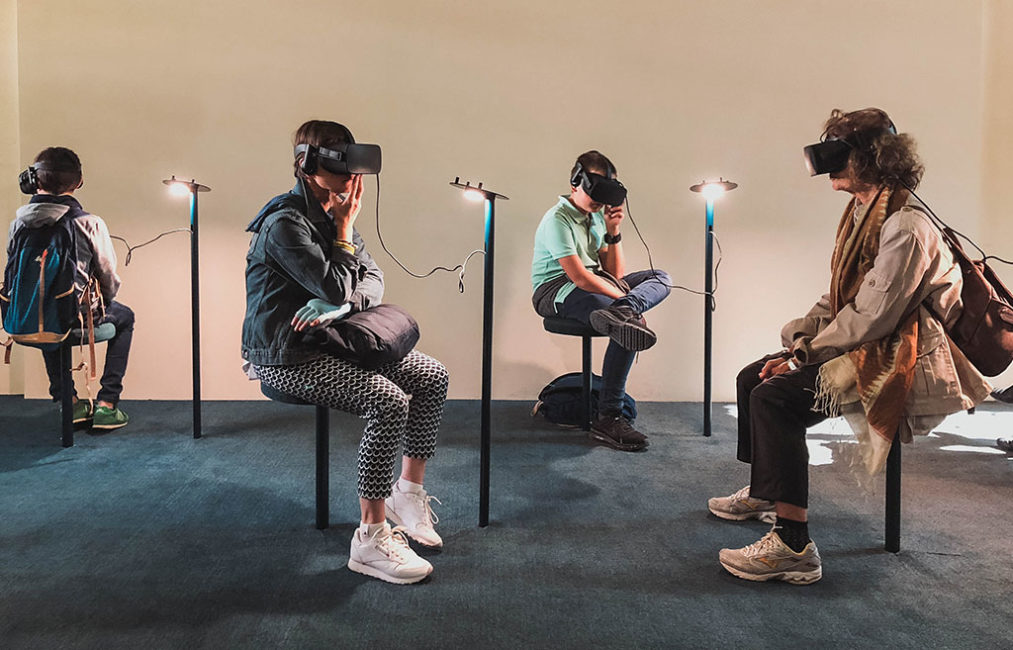
mediaX 2021 Conference Presentations Are Available
Relive the three session conference as thought leaders from the Stanford and mediaX member communities come together to explore how curiosity and learning can build the relationship between humans and machines.

mediaX 2021 Conference Will Be Held Over 3 Days
This three session conference (July 13, 14 and 15) brings together thought leaders from the Stanford and mediaX member communities to share recent insights on what similarities in curiosity and learning of humans and machines can be assumed or explored.
Creating an Ontology for Human Motion and Psychomotor Performance: A Look at Surgical Skill as a Use Case
From The Theme ONTOLOGIES FOR THE HUMAN EXPERIENCE OF LEARNING WHAT IF What if we could develop an ontology for learning a surgical training process and could use machine learning to facilitate the development of that ontology? WHAT WE SET OUT TO DO The most common implementation and use of an ontology in surgery is […]
Role Choices of Robotic Teammates
Ryota Yamada is a Chief Specialist of Technology focused on Information and Communication Technology at the Open Innovation Group, Innovation Exploring Initiative H.Q., OMRON Corporation. He joined OMRON in 2002 as a Software Engineer. From 2003 to 2006, He was a Visiting Researcher at mediaX at Stanford University, where he worked with the Late Professor […]
The Potential of Digital AI in Healthcare
Dennis Wall is Associate Professor of Pediatrics, Psychiatry and Biomedical Data Sciences at Stanford Medical School. He leads a lab in Pediatric Innovation focused on developing methods in biomedical informatics to disentangle complex conditions that originate in childhood and perpetuate through the life course, including autism and related developmental delays. For over a decade, first […]
The Artful Design of Immersion
Ge Wang is an Associate Professor at Stanford University in the Center for Computer Research in Music and Acoustics (CCRMA). He specializes in the art of design and computer music — researching programming languages and interactive software design for music, interaction design, mobile music, laptop orchestras, expressive design of virtual reality, aesthetics of music technology […]
AI for Affect, Personalization and Reciprocity: Modeling the Self and the Other
Nick Haber is an Assistant Professor at the Stanford Graduate School of Education, and by courtesy, Computer Science. After receiving his PhD in mathematics on Partial Differential Equation theory, he worked on Sension, a company that applied computer vision to online education. He then co-founded the Autism Glass Project at Stanford, a research effort that […]

Immersion for Learning
What are the human requirements for learning in immersive environments?

Immersion for Discovery
What contributes to the human experience of discovery in immersive environments?